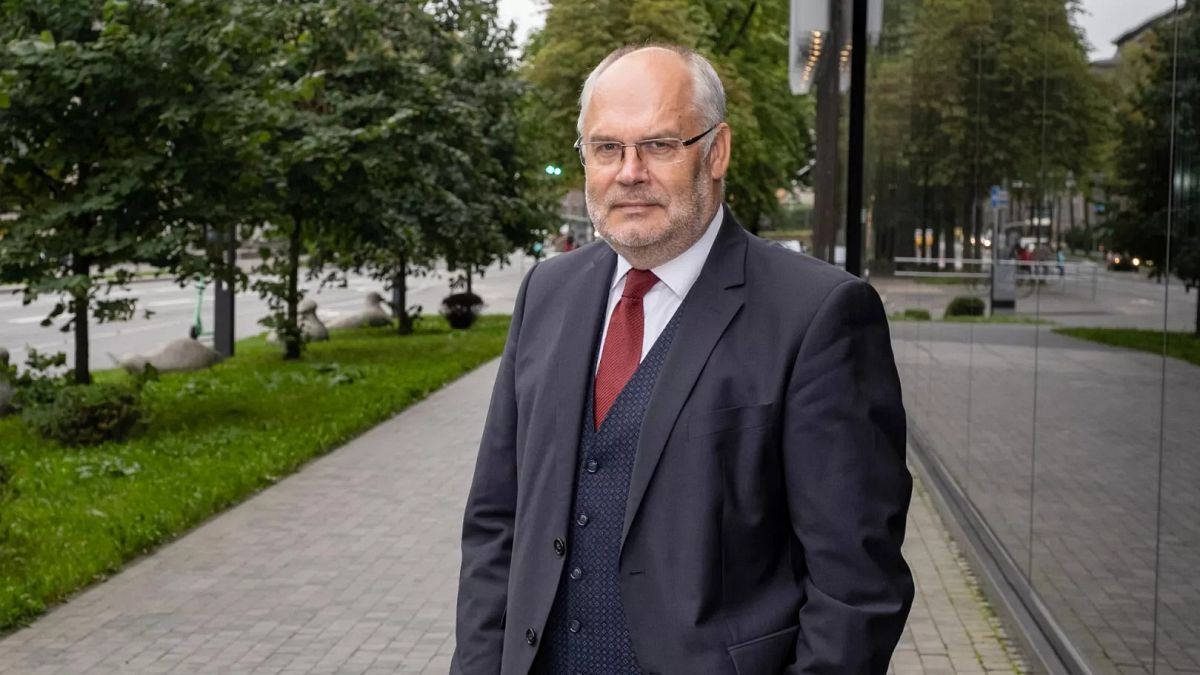

In an era marked by rapid technological advancement and shifting societal needs, countries worldwide are navigating new frontiers in education, healthcare, and public health. These developments, while promising, present a blend of challenges and opportunities that demand careful consideration and innovative solutions.
Estonia finds itself at the cutting edge of educational reform, with President Alar Karis advocating for the integration of artificial intelligence in schools. Karis’s vision reimagines the school environment as a dynamic ecosystem where AI assists in personalizing educational experiences, encouraging students and educators not to fear the unknown. He emphasizes the need for a mindset shift amongst all stakeholders to fully embrace the potential that technology holds for enriching learning processes. This transformation promises to turn educational norms on their head, heralding what could be the dawning of a new era in learning.
Parallel to educational innovations is the ongoing dialogue around healthcare efficiency, highlighted by a new study examining global healthcare expenditures. This investigation offers insights into why some countries achieve better health outcomes for their spending, while others see diminishing returns. The key lies in strategic investments in preventive care and efficient management of resources, allowing countries to optimize their health systems’ effectiveness without unnecessary expenditure. The study calls for global attention towards smarter healthcare investments that prioritize well-being and sustainable health outcomes over sheer financial input.
The United States witnesses a surprising development in the realm of mental health treatment as the Trump administration champions the approval of psychedelic therapies. Health Secretary Robert F. Kennedy Jr. has set an ambitious timeline for these treatments to gain approval within a year, sparking a mix of excitement and skepticism among healthcare professionals. While some view it as a groundbreaking step towards alternative mental health solutions, others caution against the hurried pace of the approval process. Regardless, this initiative opens doors to potentially transformative therapies that could significantly benefit those grappling with mental health issues.
Meanwhile, in Sudan, a more sobering situation unfolds as the country struggles with drastically reduced vaccination rates among children. Once achieving commendable vaccination coverage, the nation now faces a sharp decline due to ongoing conflict and humanitarian challenges, as reported by the World Health Organization. This unsettling drop from over 90% to 48% in immunization rates places Sudan at the forefront of a global public health concern. The situation emphasizes the critical intersection of geopolitical stability and healthcare infrastructure, underscoring the essential role of international aid and cooperative efforts to ensure that no child is left vulnerable to preventable diseases.
As these diverse narratives reveal, the world is undoubtedly on the cusp of profound change. By adopting mindful approaches and compassionate strategies, nations can navigate these complexities, utilizing technology and innovation to uplift society while ensuring that the fundamental needs of all individuals are met. The road ahead requires a balance of progress and prudence, guided by a shared commitment to fostering healthier, more educated, and resilient communities across the globe.
Source: {link}
